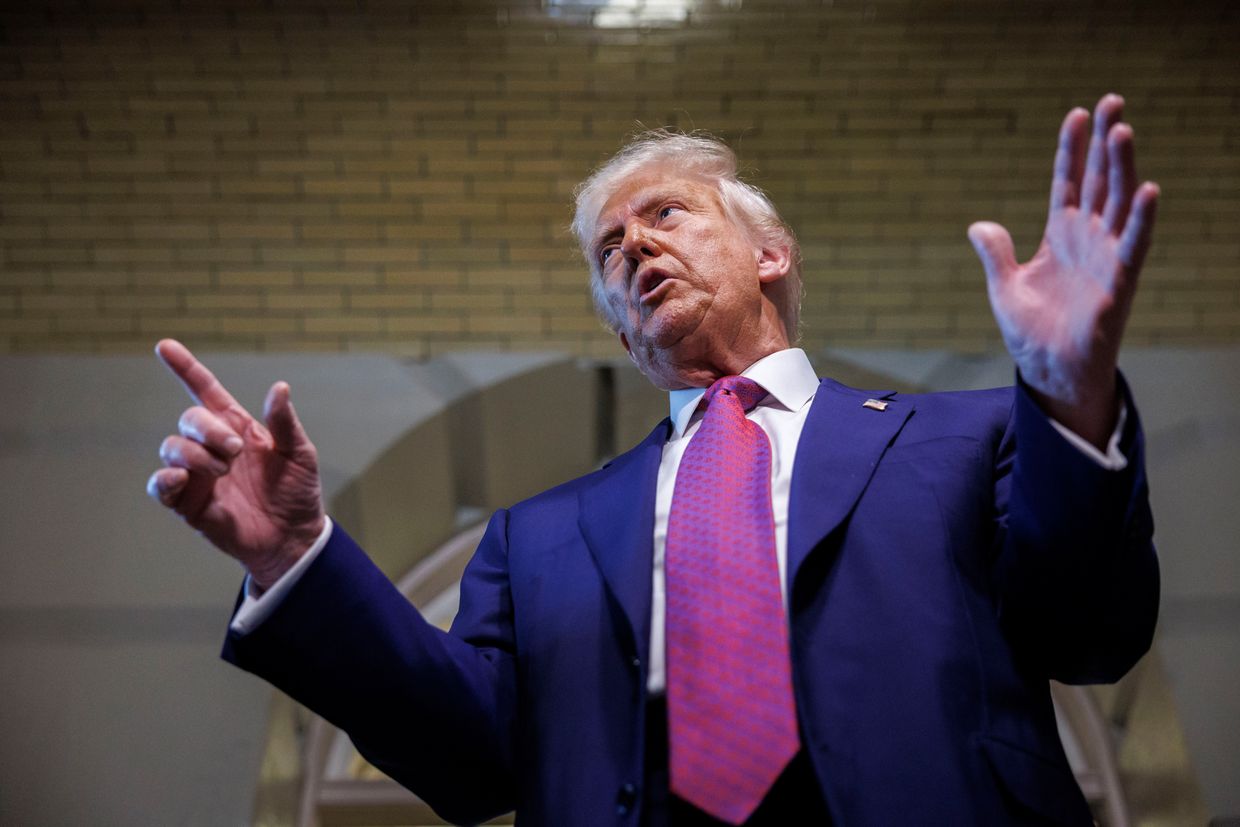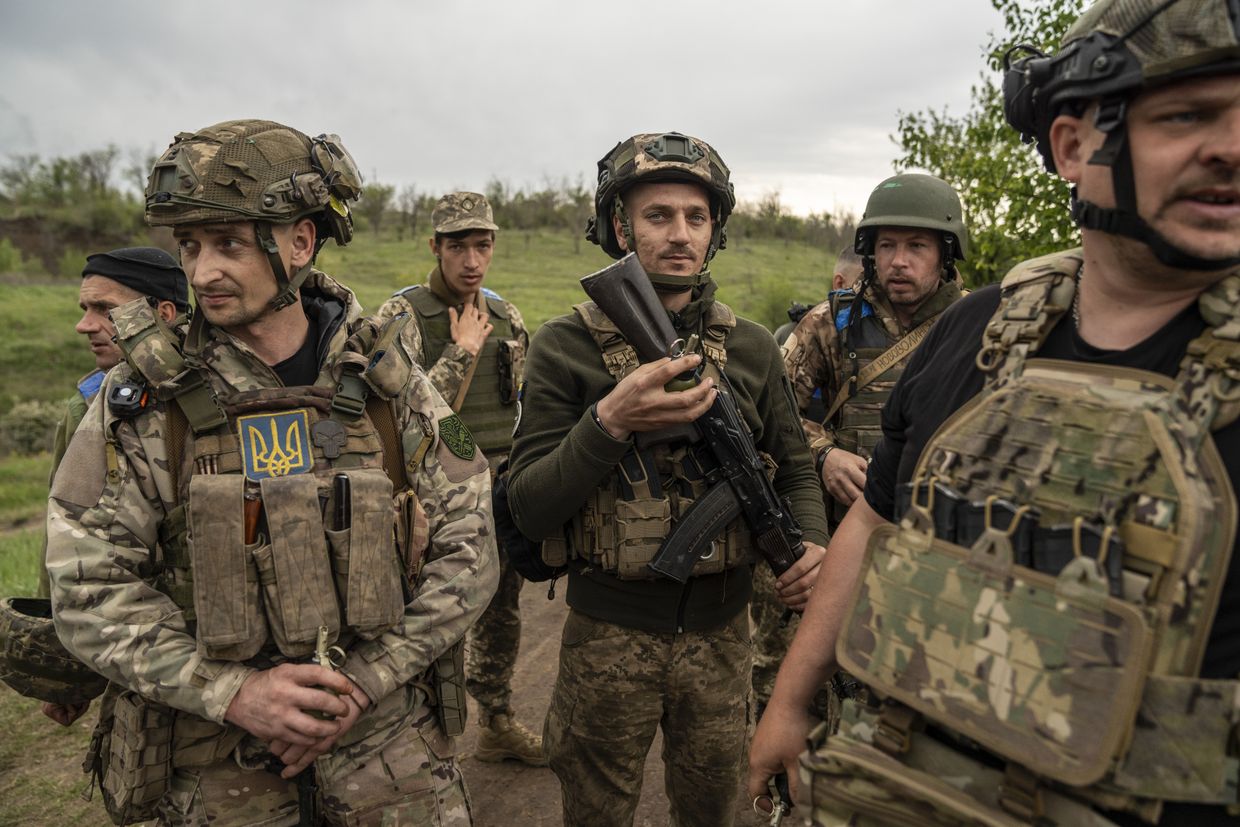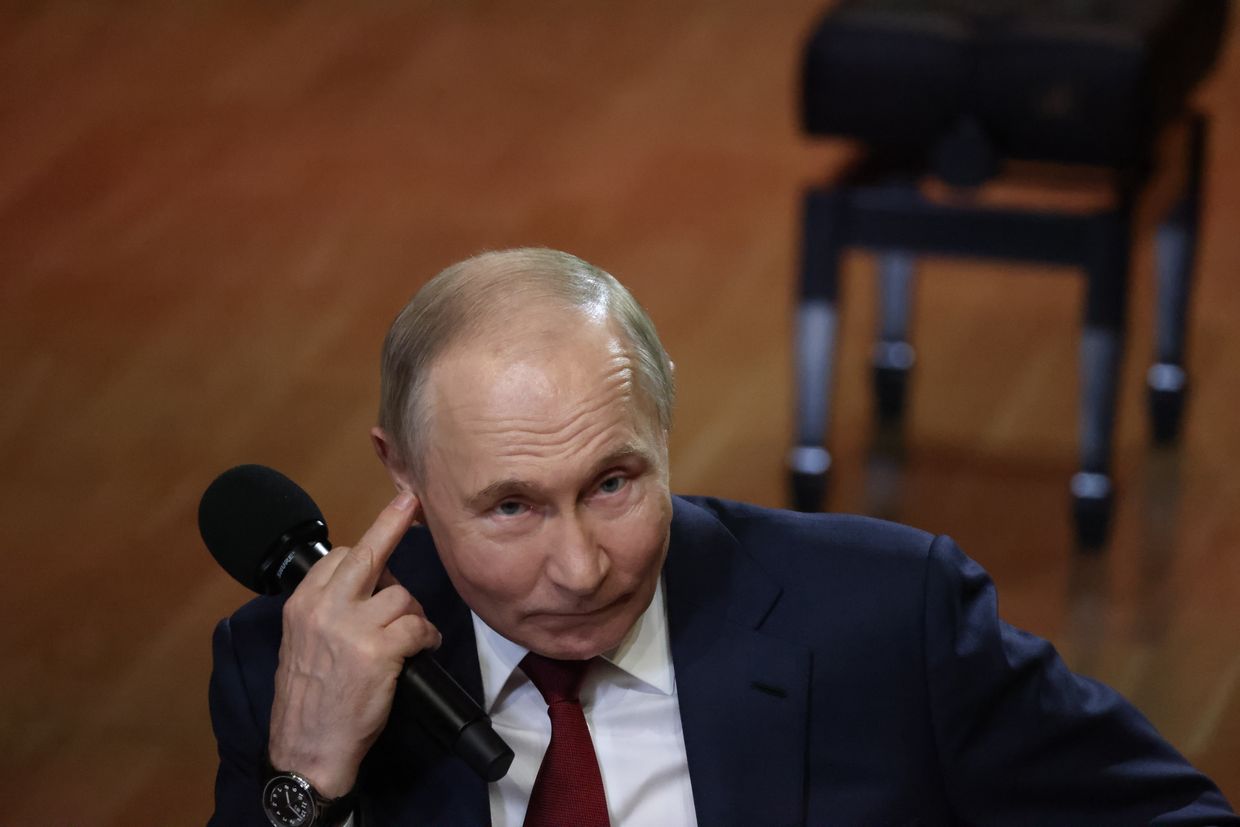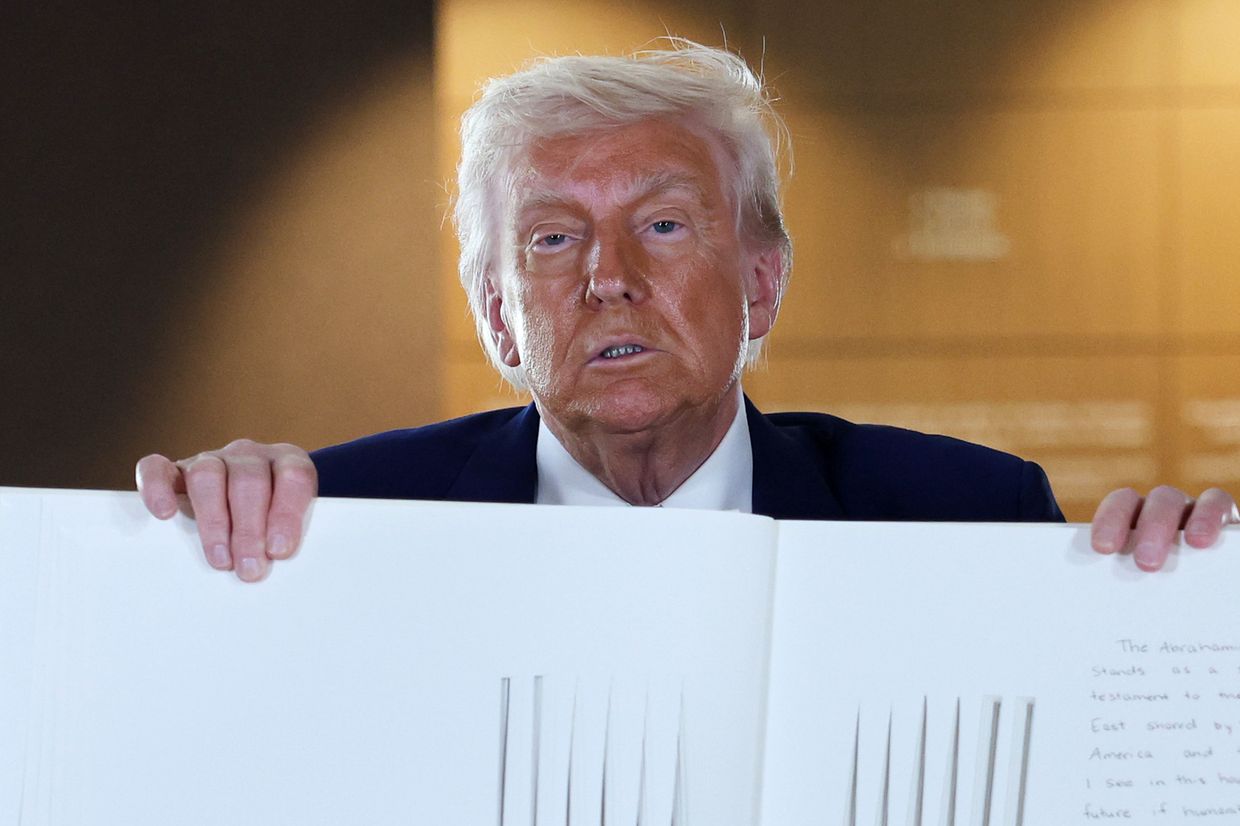
Within the early nineteenth century, one of many founding fathers of recent struggle research, the Prussian common and army historian Carl von Clausewitz, commented on the Napoleonic Wars: "The conqueror is all the time peace-loving; he would a lot favor to march into our state calmly."
This stays an statement that applies to most army aggressions.
But, Clausewitz's primary thought was ignored by most Europeans of their interpretation of Moscow's behaviour after the beginning of the Russo-Ukrainian Struggle in 2014.
A lot of European diplomacy and commentary till 2022 as an alternative constructed on the idea that the Kremlin's public insistence on the peacefulness of its intentions in the direction of Kyiv implies that one can and may negotiate and reasonable Russian goals and behavior in Ukraine.
This inapt premise ignored that Russian President Vladimir Putin merely most well-liked Ukraine's non-violent takeover to an unsure future army marketing campaign towards Kyiv. When, eleven years in the past, Russia annexed Ukraine's Crimea and covertly invaded jap Ukraine, the struggle as such had no advantages for Putin and his entourage.
As an alternative, a hybrid subversion of Ukraine by Russian brokers and proxy forces, relatively than a violent occupation of a lot of the Ukrainian lands by tens of 1000’s of normal Russian troops, was the popular technique.
Over the past three years, nonetheless, the position of Russia's – now full-scale – army invasion of Ukraine for Putin's regime has modified. One the one aspect, the struggle itself has acquired a stabilizing perform for the Russian political system that depends on an more and more extremist ideology, militarized economic system and mobilized society. On the opposite aspect, most European politicians, diplomats and specialists now have fewer illusions about Putin's putative love for peace than that they had a decade in the past.
In distinction, the hitherto largely satisfactory notion of Moscow's technique in Washington has been changed, since January 2025, by an escapist method to the Russo-Ukrainian Struggle.
 The Kyiv IndependentNatalia Yermak
The Kyiv IndependentNatalia Yermak
The diploma of the brand new U.S. administration's political naivety, ethical indifference and diplomatic dilettantism, throughout its first 4 months in workplace, has been astonishing. Even in view of the aberrations throughout Trump's first presidency of 2017-2021, the inadequacy of the final months' statements and actions by the White Home concerning the Russo-Ukrainian Struggle has triggered shockwaves in Europe and elsewhere.
One suspects that not solely strategic infantilism, but in addition political respect and even private sympathy, within the Trump administration, for Putin, have been driving the current zigzags of the U.S.
4 months of American shuttle diplomacy and mediation makes an attempt have achieved solely little. The outcomes of this week's two-hour dialog between Putin and U.S. President Donald Trump have additionally been meagre. To make certain, the 2 presidents spoke, after their phone speak, of success.
But, there aren’t any tangible outcomes of the extraordinary trilateral negotiations between Washington, Moscow, and Kyiv, and of the direct interactions between the U.S. and Russian presidents.
Putin made it clear that there wouldn’t be any ceasefire quickly.
Russian imperialism is not going to be neutralized by negotiations, compromises, or concessions.
Trump introduced that there needs to be direct negotiations between Russia and Ukraine, as if the 2 international locations had not been negotiating with one another, in several codecs, for greater than eleven years already.
In his remark about Monday's telephone name, Putin, in reality, engaged in a trolling of Ukraine, the U.S., and your complete West in two methods.

First, the time period that Russia has lately launched and Putin used to label the first goal to be achieved in upcoming negotiations is "memorandum." Everyone aware of the historical past of post-Soviet Russo-Ukrainian relations will know that there exists already a historic security-related "memorandum" signed by Moscow and Kyiv (in addition to Washington and London) at Hungary's capital greater than 30 years in the past.
Within the 1994 Budapest Memorandum, Moscow assured, in alternate for Kyiv's settlement handy over all of its nuclear warheads to Russia, that it might not assault Ukraine. Washington and London too assured Kyiv that they respect the Ukrainian borders and sovereignty.
After Moscow has been demonstratively trampling the letter and spirit of the Budapest Memorandum for eleven years, the Kremlin is now providing to signal one other Russo-Ukrainian "memorandum."
Second, Putin didn’t exclude, after talking to Trump, that future negotiations with Kyiv might result in a truce. But, the Russian president added that, "if applicable agreements are reached," a "attainable ceasefire" would solely be "for a sure time frame." Even when the negotiations are profitable, the armistice will probably be merely momentary.
That caveat by Putin is an apt admission: The Russian struggle economic system and inhabitants's army mobilization are actually thus far superior that they can’t be simply stopped. Moscow isn’t any longer capable of abruptly discontinue warfighting. What would occur to Russia's a whole bunch of 1000’s of enlisted troopers, large-scale weapons manufacturing, and routine bellicose in addition to intense Ukrainophobic campaigns in lots of spheres of Russian social life (schooling, media, tradition and so forth.), if there may be all of the sudden a everlasting peace?
These and related indicators from Moscow permit just one conclusion: To finish the Russo-Ukrainian Struggle, Russia must expertise a humiliating defeat on the battlefield.
The lesson from the previous is, furthermore, that Russian army failures have triggered home liberalization, such because the Nice Reforms after the Crimean Struggle of 1854-1856, or the introduction of semi-constitutionalism following the Russo-Japanese Struggle of 1904-1905.
One of many determinants of Glasnost and Perestroika was the disastrous failure of the Soviet invasion of Afghanistan in 1979-1989.
Russian imperialism is not going to be neutralized by negotiations, compromises, or concessions. As an alternative, such approaches solely promote additional international adventurism in Moscow and army escalation alongside Russia's borders. The Kremlin will at some point finish Russia's expansionist wars in addition to genocidal terror towards civilians in Ukraine and elsewhere. But for that to occur, the Russian individuals first want to begin believing that such behaviour can’t result in victory, might set off inside collapse, and will probably be resolutely punished.
Submit an Opinion
 The Kyiv IndependentAndrea Januta
The Kyiv IndependentAndrea Januta